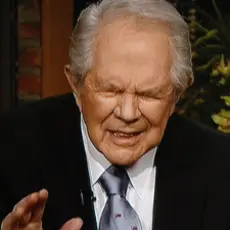As Eric Rauchway noted in the New Republic Online this week, the Right’s myth of rampant voter fraud persists in spite of the facts of its near-nonexistence:
The divergence of rhetoric from reality resembles that of a hundred years ago, when reformers first supported registration laws. Although the reformers talked about "corruption," they didn't really mean vote-buying or repeat voting. They meant the wrong kind of people voting: "Universal suffrage," one reformer noted in 1903, meant "'tramp' suffrage"; it meant "licensed mobocracy."
Characterizing the modern right-wing campaign to place restrictions on voting -- to counter mythical “fraud” -- as simply a cynically veiled attempt to disenfranchise citizens seems unfair. Nevertheless, this view was more or less plainly articulated by Paul Weyrich, one of the founders of the conservative movement, in 1980:
href='http://www.macromedia.com/go/getflashplayer'>Get the Flash
Player to see this video clip.
Now many of our Christians have what I call the goo-goo syndrome -- good government. They want everybody to vote. I don't want everybody to vote. Elections are not won by a majority of people, they never have been from the beginning of our country and they are not now. As a matter of fact, our leverage in the elections quite candidly goes up as the voting populace goes down.
Weyrich was addressing one of the seminal events in the creation of the New Right, the Religious Roundtable’s National Affairs Briefing in Dallas. At this gathering of 15,000-20,000 ministers and activists just a few months before the election, Ronald Reagan joined speakers including Jerry Falwell, Pat Robertson, Phyllis Schlafly, and many more. Reagan famously declared, “I know you can’t endorse me, but I endorse you” – cementing the alliance between the Religious Right and the Republican Party that continues to this day.





